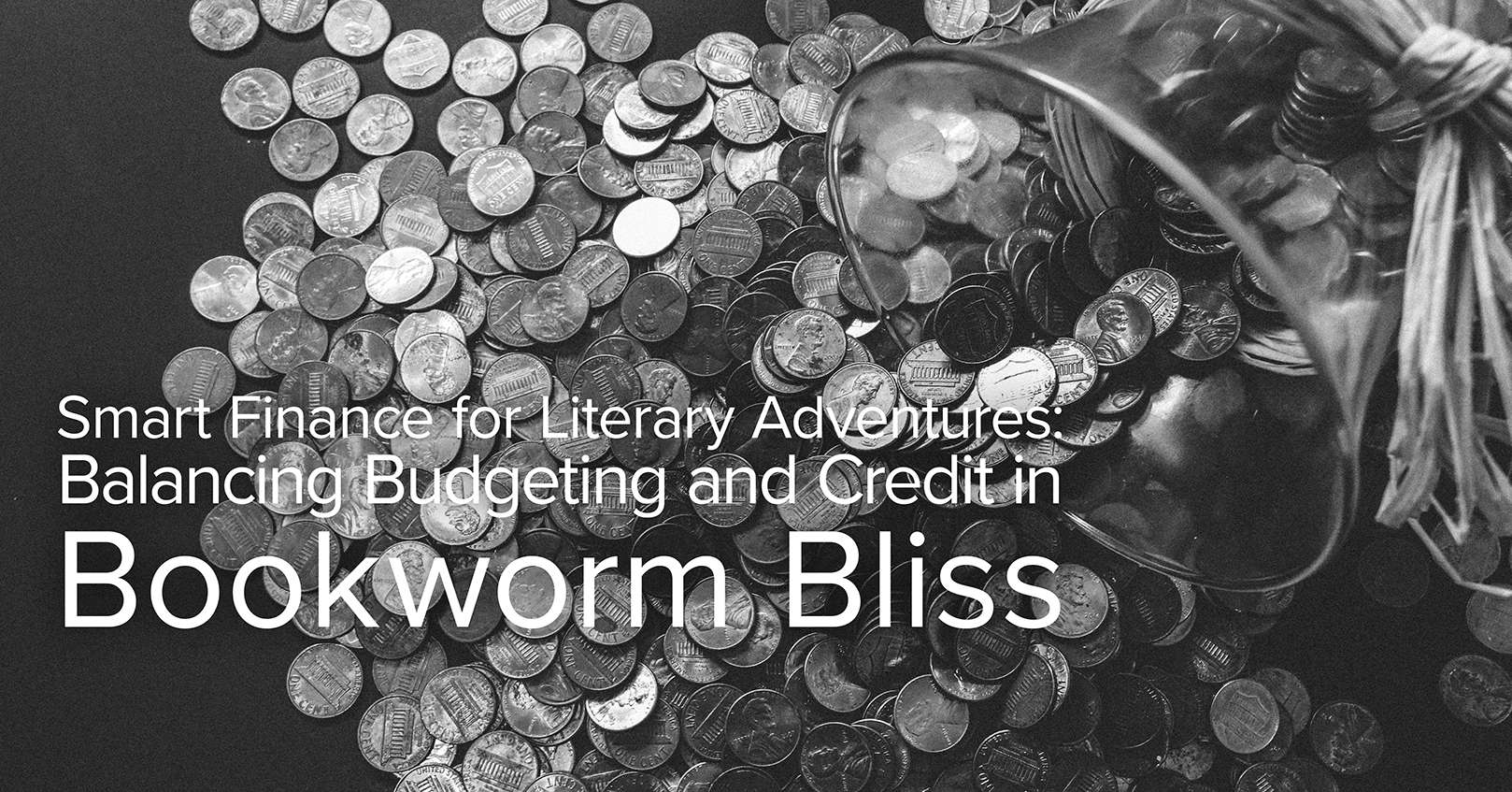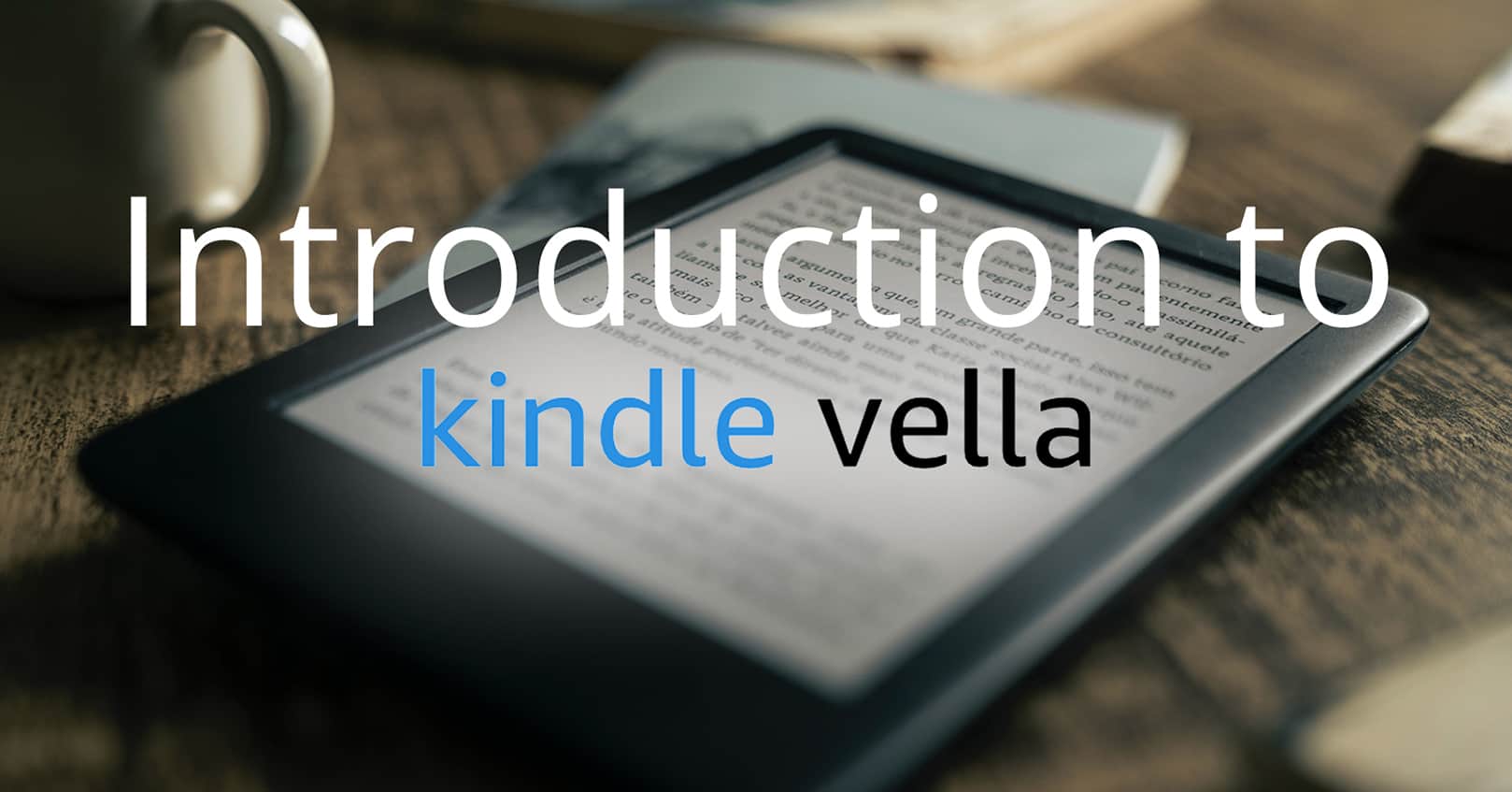
Books are a portal to different worlds, a sanctuary for the restless mind, and often a significant line item in a budget. For the book aficionado, the desire for the latest releases or timeless classics can sometimes clash with the harsh reality of financial constraints, like paying rent, buying groceries, or saving in college. But fear not, fellow bookworms; the tightrope between responsible finance and an expanding bookshelf is walkable. Read on to discover the equilibrium between budgeting and credit in your literary pursuits.
The Financial Terrain of a Book Lover
Let’s first scour the landscape. As you may very well know, books aren’t exactly cheap, especially if you’re looking at hardcovers, collector’s editions, or niche publications. The cost doesn’t just stop at the book price; there are hidden expenses, too. Shipping fees, late library returns, and that cup of coffee you always seem to buy when you’re deep into a novel—they all add up. And when you throw in credit card bills, student loans, and other financial obligations, the equation gets even more complex. Thus, it’s essential to understand your income and financial commitments before diving headfirst into your next reading spree.
The Power of Budgeting
Ah, the often-dreaded “B” word—budgeting. But a well-thought-out budget can be your best friend in your literary endeavors. Begin by noting down your income and all your fixed costs like rent and utilities. What remains is your discretionary income, a portion of which can go toward your book fund. Be realistic and consider making a separate budget category just for your literary adventures.
You can use budgeting apps like YNAB (You Need a Budget) or Mint to keep track of your book-related expenditures. They have specific categories for entertainment or hobbies that can be customized for your literary interests. If you’re hands-on, create a dedicated spreadsheet with columns for book titles, authors, genres, and costs. You can even add a column for “Want to Read” versus “Must Read” to help prioritize your purchases.
Some apps also allow you to sync with your bank account, offering real-time updates on your spending. This heightened visibility enables you to allocate funds more wisely.
Making Credit Work for You
So, you’ve found a signed first edition of your favorite author’s masterpiece. The only problem is that it’s outside your budget. This is where your credit card can come in handy. That’s right, credit is not the enemy—it’s a tool that, when used wisely, can enable financial flexibility. So, how do you go about making it your BFF? Check out these practical pointers:
- Always remember to scrutinize the fine print to avoid hefty fines.
- Look for cards with low-interest rates or those with promotional zero interest on purchases for an introductory period.
- Ensure you pay off the balance before the interest kicks in.
- Leverage points and rewards programs. Some cards offer points or cash back for every dollar spent—perfect for offsetting your next book purchase.
Libraries and Book Swaps: The Unsung Heroes
Libraries and book-swapping groups are excellent for book lovers who want to read widely without breaking the bank. Unlike their staid predecessors, today’s libraries offer more than just traditional books; they often have audiobooks, ebooks, and even the occasional rare manuscript. Similarly, book swap events or online communities can be a fantastic way to refresh your book collection at little to no cost.
Navigating Sales and Discounts
Bargain bins and sales sections in bookstores are treasure troves for budget-conscious readers. Keep an eye out for online discounts and coupons. Also, subscribing to newsletters from your favorite publishers or bookstores can give you a heads-up on upcoming sales events or exclusive deals. Additionally, don’t underestimate the power of a well-timed purchase.
Avoid Book Clutter: Read First, Buy Later
A valuable tip to keep in mind is the “Read Before You Buy” rule. It’s easy to get carried away by eye-catching covers and compelling blurbs, amassing a stack of unread books that collect dust on your shelves. Before making another purchase, take a moment to assess your current collection. Commit to reading the books you already own before adding new titles to your literary treasury. This mindful approach promotes a more engaged reading experience and ensures that your book budget is spent on titles you actually read and enjoy.
Reward Yourself, but Keep an Eye on Debt
Treating yourself to a book isn’t a splurge—it’s an investment in your intellectual growth. But be mindful of accumulating debt. If you struggle to make repayments or notice your book expenditures creeping up, it’s time to revisit your budget.
Financial Literacy: The Epilogue
Books may provide an escape, but there’s no running from financial responsibilities. Savvy budgeting coupled with responsible credit use can make your literary aspirations more attainable than ever. There’s nothing like the bliss of a new book, so make sure the joy remains pure by keeping your finances in check.
Happy reading!

















Comments